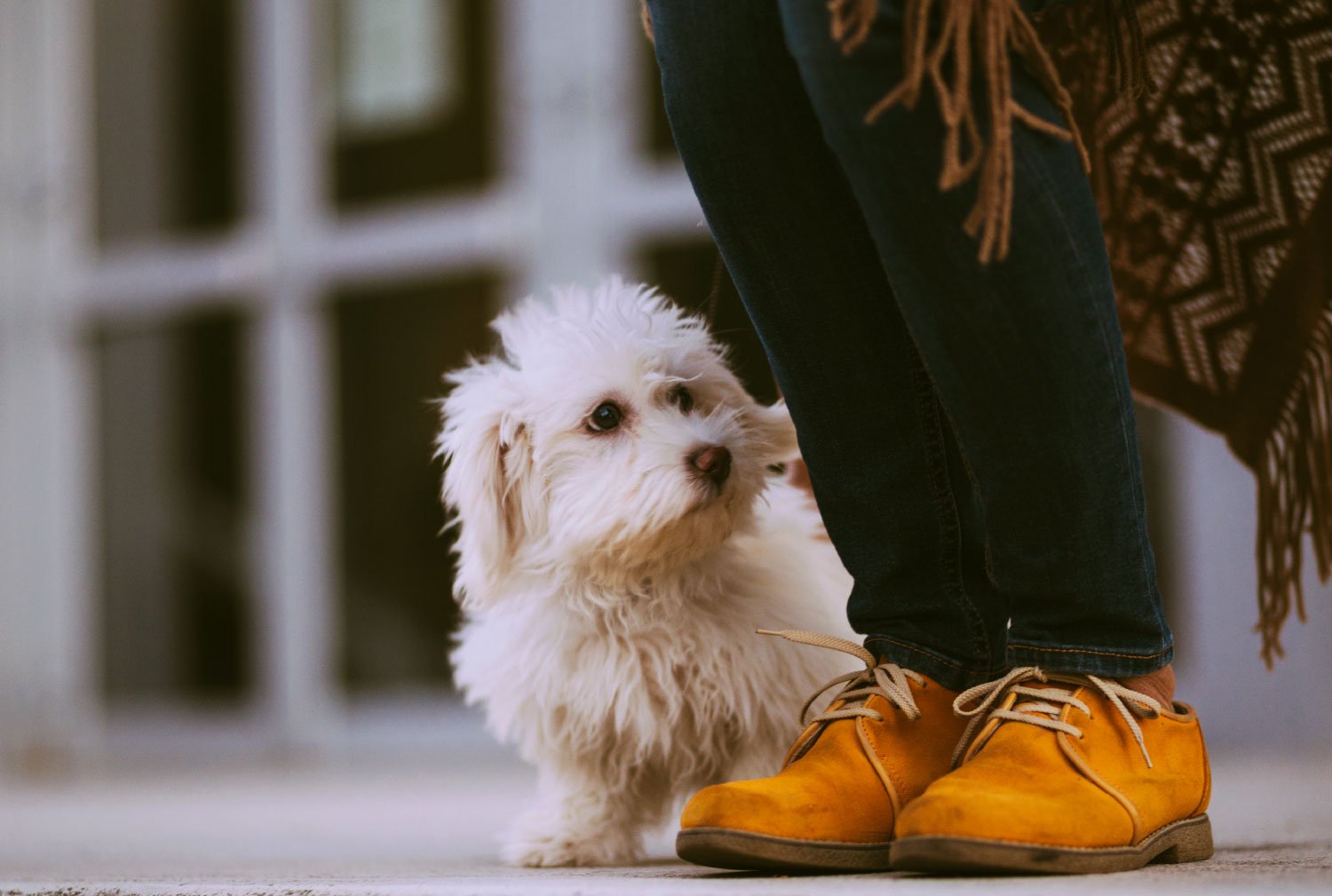THINGS WE DO

ORTHOPAEDIC SURGERY
At Evervet we are dedicated to employing the latest techniques and advances in animal healthcare. Determining the best solutions and outcomes for your pet’s health, we will communicate with you in a way that is both open and effective, whilst respectful of the immeasurable bond that exists between you and your pet.
We understand that orthopaedic issues can be challenging for you and your pet. As a family-run veterinary group, we treat your pets with the same compassion and care we would give to our own furry family members. Our expert pet orthopaedic surgeons are here to guide you through every step of the treatment process, ensuring your pet receives the best possible care and support.

What is Orthopaedic Surgery?
Orthopaedic surgery is a specialised field of veterinary medicine that focuses on diagnosing and treating injuries and conditions related to the musculoskeletal system of animals. This area of expertise is essential for effective pain management and ensuring your pets lead happy and healthy lives. At Evevet, we take pride in having a team of compassionate and highly skilled pet orthopaedic surgeons who are dedicated to providing exceptional care for your beloved pet family members.
Diagnosis & Treatment
Accurate diagnosis of orthopaedic conditions is essential for developing an effective treatment plan. Our experienced veterinarians utilize a combination of physical examinations, diagnostic imaging such as X-rays and CT, and sometimes joint fluid analysis to identify the root cause of your pet's orthopaedic issues. Once diagnosed, we work with you to develop a personalized treatment plan tailored to your pet's needs.

Orthopaedic Injuries
Orthopedic injuries in pets are common and can result from various causes, including accidents, overuse, genetics, or degenerative conditions. Our caring and empathetic team is here to diagnose and provide appropriate treatment for your pet's specific injury.
Here are some common orthopedic injuries in pets:
Fractures: Broken bones can occur due to trauma, falls, or accidents. Fractures can involve any bone in the body, such as limbs, ribs, or the spine.
Cruciate Ligament Injuries: Damage to the cranial cruciate ligament in the knee is common in dogs, leading to lameness, pain, and difficulty walking.
Hip Dysplasia: A genetic condition that affects the hip joint, causing pain, lameness, and reduced mobility, especially in larger dog breeds.
Patella Luxation: This condition involves the dislocation of the kneecap, leading to limping and difficulty extending the leg.
Osteoarthritis: A degenerative joint disease that can develop due to aging, genetics, or a history of joint trauma. It causes pain, stiffness, and reduced mobility.
Elbow Dysplasia: A collective term for several developmental abnormalities in the elbow joint, which can lead to lameness, pain, and joint swelling.
Osteochondritis Dissecans (OCD): A condition in which a piece of cartilage within a joint becomes detached, causing pain and lameness.
Bone Tumors: Osteosarcoma is a common bone cancer in dogs, often requiring amputation of the affected limb and chemotherapy.
Soft Tissue Injuries: These can include torn ligaments, tendons, or muscles, which may result from excessive exercise or trauma.
Ligament Injuries: Injuries to ligaments in the joints, such as the collateral ligaments or the patellar ligament, can affect mobility and cause pain.
Angular Limb Deformities: In growing puppies, improper bone development can lead to angular limb deformities, which may require surgical correction.
Luxations: Dislocations of joints can happen, often in the shoulder or hip joints, and can result from accidents or congenital issues.
Meniscal Tears: Tears in the meniscus, which is a cartilage pad within the knee joint, can cause pain and lameness in pets.
Tarsal and Carpal Injury: Injuries to the tarsal (hock) and carpal (wrist) joints can affect a pet's gait and cause pain.
Intervertebral Disc Disease (IVDD): Common in dogs, this condition affects the spinal discs, leading to back pain, paralysis, and in severe cases, loss of limb function.

Benefits of Orthopaedic Surgery
Orthopedic surgery for pets offers numerous benefits in improving their quality of life and addressing musculoskeletal issues. Here are the key advantages of orthopedic surgery for animals:
Pain Relief: Orthopedic surgery can alleviate chronic pain caused by conditions like hip dysplasia, cruciate ligament injuries, and fractures, allowing pets to lead a more comfortable and pain-free life.
Restored Mobility: Surgery can enhance joint function, helping pets regain their mobility and engage in normal activities, such as running, playing, and jumping, which may have been compromised due to orthopedic issues.
Improved Quality of Life: Orthopedic surgery often results in an improved overall quality of life for pets by reducing discomfort, increasing mobility, and enabling them to lead more active and fulfilling lives.
Prevention of Further Damage: Surgical intervention can halt the progression of certain orthopedic conditions, preventing the development of more severe complications or further joint damage.
Faster Recovery: Advancements in veterinary surgical techniques, including minimally invasive procedures, have led to quicker recovery times, allowing pets to return to their normal activities sooner.
Correction of Deformities: Orthopedic surgery can correct bone deformities and alignment issues, improving both function and physical appearance.
Extended Lifespan: Joint surgeries, such as hip or knee replacements, can significantly extend the lifespan of the affected joint, allowing pets to maintain an active lifestyle for a longer duration.
Treatment of Traumatic Injuries: Orthopedic surgery is crucial in the management of traumatic injuries in pets, such as fractures, dislocations, and ligament tears, ensuring that the pet can recover and lead a fulfilling life.
Improved Comfort and Well-Being: By addressing orthopedic issues, surgery helps pets enjoy a higher level of comfort, contributing to their overall well-being and happiness.
Common Orthopaedic Surgeries
TPLO Surgery
TPLO (Tibial Plateau Leveling Osteotomy) surgery is a specialized procedure primarily used to address cruciate ligament tears in dogs. During TPLO surgery, the tibial plateau is modified to stabilize the knee joint, eliminating the need for a functional cruciate ligament. This procedure is known for its effectiveness in improving joint stability and relieving pain in affected dogs.
Patellar Luxation
Patellar luxation is another orthopaedic concern that can affect dogs, particularly smaller breeds. It occurs when the kneecap (patella) dislocates from its normal position, causing discomfort and hindering proper movement. Patellar luxation can vary in severity, and if left untreated, it can lead to joint damage and arthritis.
Fracture Repair
Fracture repair is a medical procedure used to treat broken bones (fractures). This procedure aims to align and stabilize the fractured bone to promote proper healing. The specific approach to fracture repair may vary depending on the type and location of the fracture, as well as the patient's overall health
Femoral Head and Neck Osteotomy (FHNO)
FHNO, or "Femoral Head and Neck Osteotomy," is a surgical procedure for dogs' hip joint conditions, like hip dysplasia. During FHNO, the femoral head (hip "ball") is removed, and the remaining femur neck is reshaped to relieve pain and enhance mobility.
After Surgery
After orthopaedic surgery, our caring team provides dedicated post-operative care for your pet. Pain management, wound care, and monitoring for any signs of complications are all part of our comprehensive post-operative support. We'll ensure your pet is comfortable during the healing process and that they have the best chance at a successful recovery.
Post-Operative X-rays
Post-operative X-rays are an essential tool for monitoring your pet's progress after orthopaedic surgery. These images help us assess the surgical outcome, evaluate the healing process, and ensure everything is aligned correctly. Our state-of-the-art digital X-ray technology provides clear and detailed images for accurate evaluation.
Post-Operative Rehab
Rehabilitation is a crucial component of your pet's recovery journey following orthopaedic surgery. Our caring team will create a tailored rehabilitation plan that may include physical therapy, controlled exercises, and other supportive measures to help your pet regain strength, mobility, and function.
MORE OF
WHAT WE DO

Be forever








